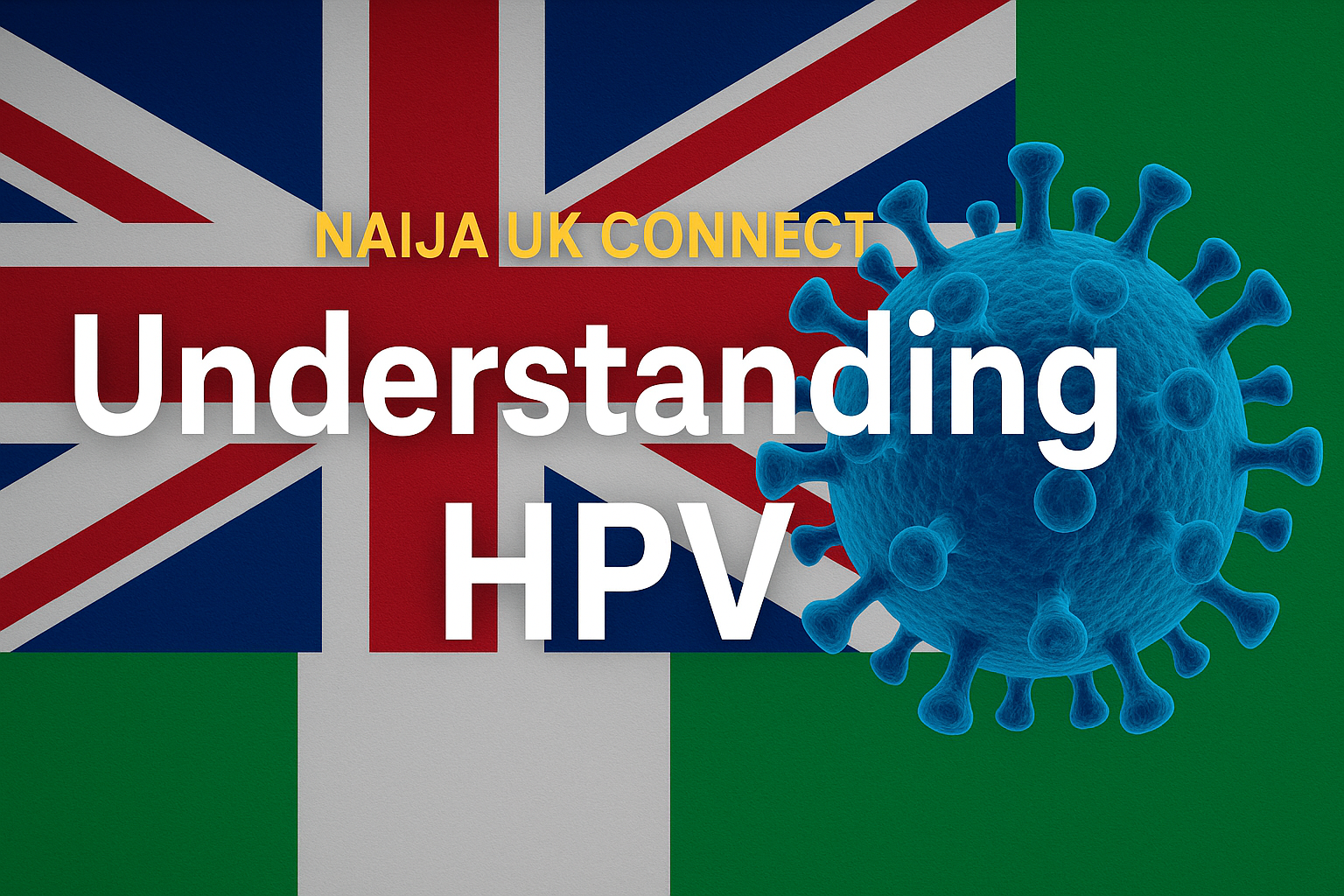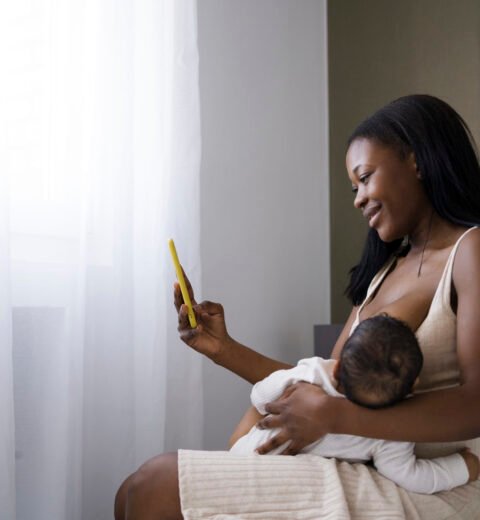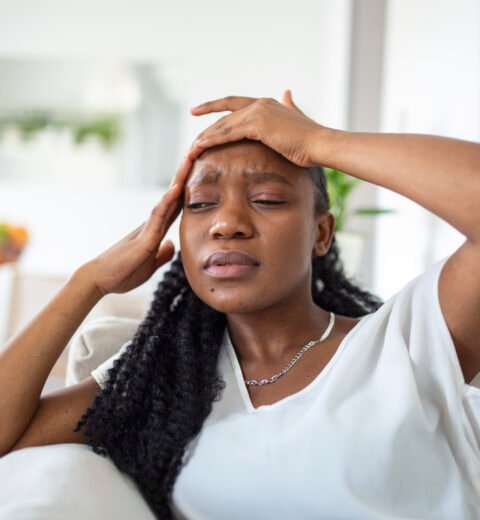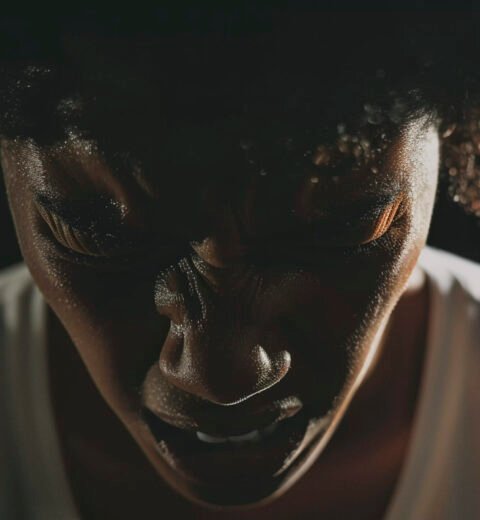Human papillomavirus (HPV) is one of those infections that often flies under the radar but affects millions — especially in sexually active adults. As a Nigerian living in the UK, it’s important to understand HPV, how to protect yourself, and what to do if you’re affected.
So, What Is HPV?
HPV is a group of over 150 viruses that can affect different parts of the body — from your hands and feet to the genitals and throat. Some strains cause harmless warts, while others can lead to serious health issues like cervical and throat cancers.
⚠️ Up to 80% of sexually active people will get HPV at some point. Most don’t even know they have it.
Types of Warts and Cancers Linked to HPV
- Common skin warts: Found on hands and face
- Flat warts: Mostly on face, neck, arms
- Plantar warts: Painful ones on the soles of the feet
- Genital warts: Painless, pink growths in the genital or anal area
- HPV-related cancers: Cervix (in women), anus, penis, vulva, throat, and mouth
In women, some HPV types can cause changes in the cervix that may lead to cancer if not caught early.
How Do You Catch It?
HPV is spread through direct skin contact — shaking hands, touching shared surfaces (like shoes or shower floors), or during sexual activity (vaginal, anal, or oral sex). Even people without symptoms can spread it.
Symptoms to Watch For
HPV often doesn’t cause symptoms. When it does, it may show up as:
- Small, painless warts
- Thick skin growths on feet
- Genital bumps
- Abnormal bleeding or pain (in case of cancer)
Diagnosing HPV
Your GP (family doctor) can often spot warts just by looking. For genital or cervical HPV, women may be offered a Pap smear or HPV test as part of NHS cervical screening. Men may be examined if there are visible signs or symptoms.
💡 Tip for Nigerian women in the UK: Make sure you’re registered with a GP so you don’t miss free cervical cancer screening invitations (typically every 3–5 years).
HPV Vaccine: Protecting the Next Generation
The HPV vaccine (Gardasil or Cervarix) is offered to boys and girls in UK schools from age 12, but it’s still available for older teens and young adults.
✅ The vaccine works best before you become sexually active
✅ You can get it at your GP or sexual health clinic
✅ Even if you’re sexually active, you may still benefit
How to Protect Yourself
- Use condoms (though not 100% foolproof)
- Avoid direct contact with warts
- Get vaccinated
- Avoid sharing shoes, towels, or personal items
- Attend cervical screening if you’re a woman aged 25–64
Treatments Available
You don’t have to “just live with it.” Warts can be removed through:
- Over-the-counter creams (for common warts only — never use these on your genitals!)
- Freezing treatments (cryotherapy)
- Prescription creams
- Surgical removal
Always see a doctor if you have warts on your face, genitals, or anus.
When to See a Doctor
- You notice unusual growths, bumps, or bleeding
- You’re over 45 and trying to treat a wart yourself
- A wart isn’t going away or keeps coming back
- You want to explore vaccination
Final Word
HPV is extremely common, but with the right knowledge, screening, and treatment, it doesn’t have to be a major threat to your health.
🩺 Have questions or concerns? Talk to your GP or visit your local sexual health clinic. You can also explore support services for Black and African communities in the UK.
🔗 Useful links:
📢 Stay informed. Stay protected. Share this with your Naija friends in the UK!
#NaijaUKConnect #HPVAwareness #HealthForNigeriansUK #CervicalScreening #StayProtected
Join Our WhatsApp Channel
Stay updated on the latest UK news, including education, health, job openings, and more for those living in the UK!
Join here: Naija UK Channel
Also, follow us on our social media channels for the latest updates and discussions:
- Twitter: @NaijaUKConnect
- Facebook: Naija UK Connect
- Instagram: @naijaukconnect




